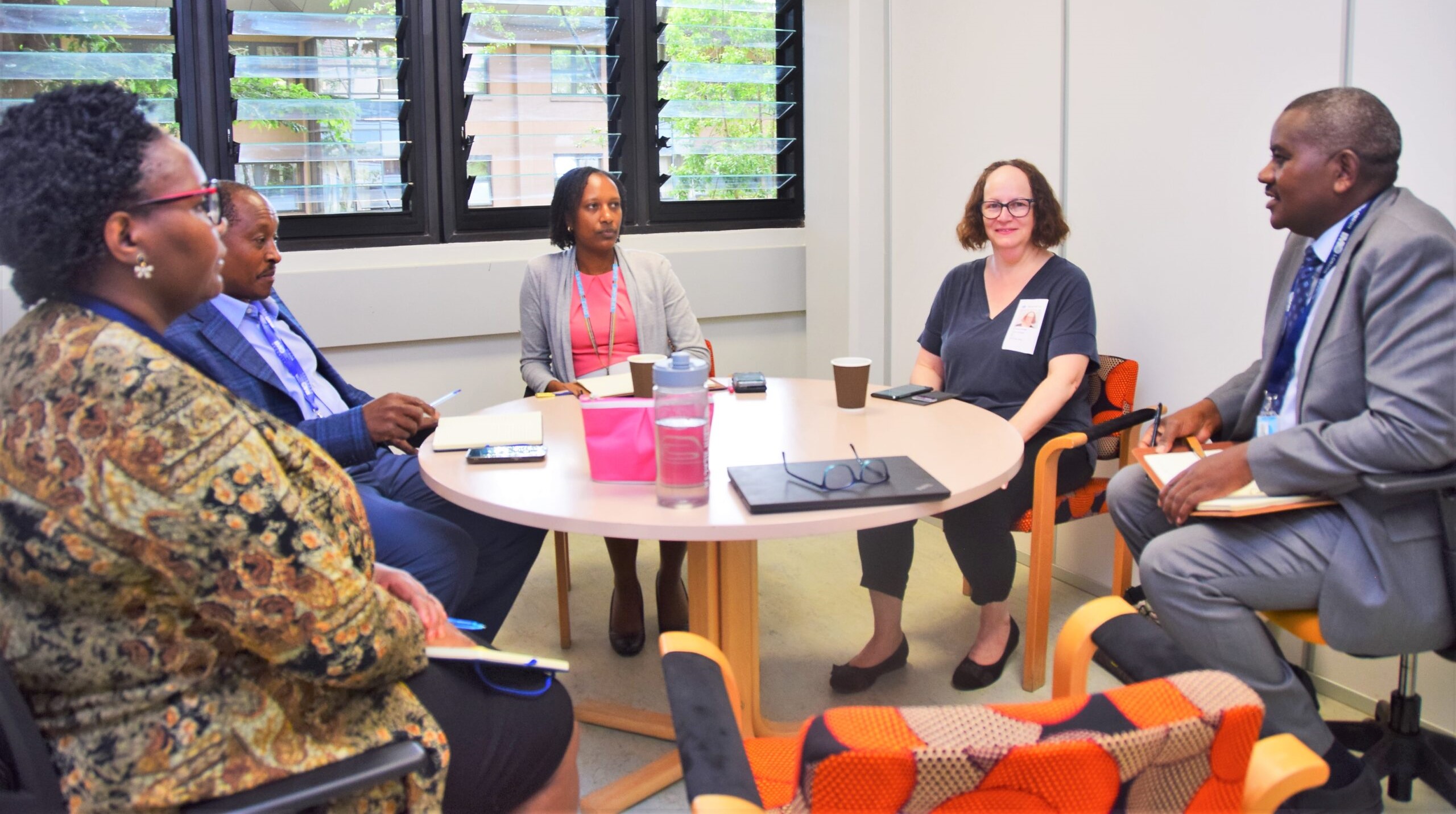Djibouti Code of Conduct Implementation Unit
The Code of Conduct for the repression of piracy and armed robbery against ships in the western Indian Ocean and the Gulf of Aden (the Djibouti Code of Conduct – DCoC) was agreed upon at a meeting in Djibouti in January 2009. In the same year, IMO established a Trust Fund to facilitate the work of implementation of the DCoC, and in April 2010, a multi-national Project Implementation Unit (PIU) was instituted to assist signatory States to implement the Code of Conduct. It consisted of a head of unit and specialists in operations and training, technical and computing systems, and maritime law, and operates solely with monies donated to the Trust Fund.
Within 5 years of its existence, PIU was able to deliver capacity building based on the four pillars of the DCoC but has also created a basis of technical cooperation between the DCoC States and IMO that is trusted, effective and, popular. To enhance delivery, PIU formed several partnerships with other international and regional organizations.
Global Maritime Security Programme Support to DCoC Implementation
The Project Implementation Unit (PIU) ended on 31 March 2015, after five years of delivering capacity in the region. The closure was an administrative adjustment within the IMO, reverting the work of PIU into core activities of the Maritime Safety Division (MSD). Following requests of member States to continue to provide secretariat support for the implementation of the code of conduct, all capacity building work and coordination of efforts related to the DCoC is now implemented and reported under IMO’s Global Maritime Security Integrated Technical Cooperation Programme (ITCP).
IMO support arrangement for the DCoC includes a dedicated Project Manager and two staff members based regionally in Nairobi, Kenya, with direct support of staff of the Maritime Security Section, MSD. One Project Assistant – Port Security Project and One Project Assistant – Red Sea Project have been included in the team to boost regional efforts.
“ It's essential for member states to come together and devise effective strategies to ensure safe maritime traffic in the region. This includes enhancing surveillance, improving information sharing, and strengthening regional cooperation to address the evolving threats."
~Professor Makame Mbarawa, The Minister of Transport (Tanzania)


